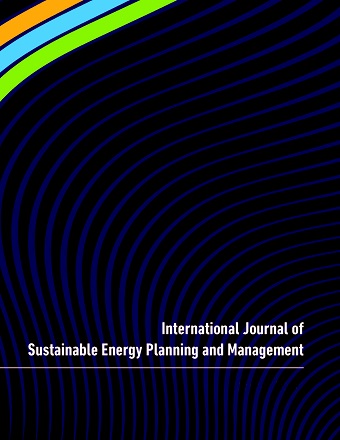Planning of multi-hub energy system by considering competition issue
Main Article Content
Abstract
Energy hub concept has been emerged as a suitable tool to analyze multi-carrier energy systems. Deregulation and increasing competition in the energy industry have provided a suitable platform for developing the multi-agent energy systems. Planning of energy hubs considering the competition between the hubs has not been sufficiently addressed, yet. A model has been proposed in this study for planning of a multi-hub energy system considering the competition between the hubs. The hubs are interconnected via an electric transmission system. A linear model has been developed to determine the optimal planning/operation strategy for energy hubs in a multi-period planning horizon to meet the heat and electricity demand for the defined load zone. The problem has been formulated and solved using Karush–Kuhn–Tucker (KKT) conditions. The proposed model has been applied to 3-Hub and 5-Hub energy systems. The effect of renewable generation and storage system has also been evaluatedIt has also been observed that inclusion of renewable generation or storage technologies can reduce the conventional electricity generation capacity by 63 percent in HUB2.
Article Details
Articles published in International Journal of Sustainable Energy Planning and Management are following the license Creative Commons Attribution-NonCommercial-NoDerivs 3.0 Unported (CC BY-NC-ND 3.0)
Authors retain copyright and grant the journal right of first publication with the work simultaneously licensed under a Creative Commons Attribution License: Attribution - NonCommercial - NoDerivs (by-nc-nd). Further information about Creative Commons
Authors can archive post-print (final draft post-refereering) on personal websites or institutional repositories under these conditions:
- Publishers version cannot be stored elsewhere but on publishers homepage
- Published source must be acknowledged
- Must link to publisher version

